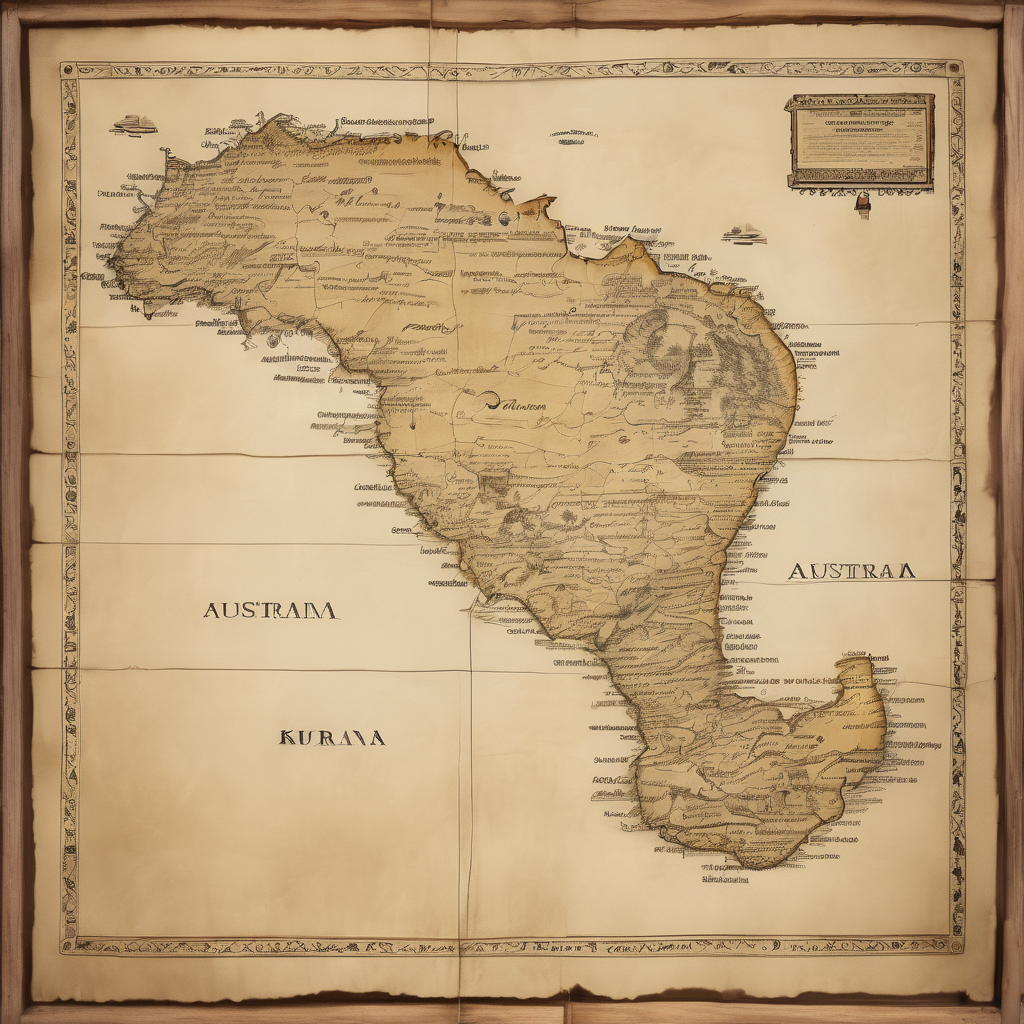The recently announced mutual defense agreement between Papua New Guinea (PNG) and Australia, known as the Pukpuk Treaty, has been defended by Papua New Guinea’s Foreign Affairs Secretary Elias Wohengu amid rising oppositional commentaries. Wohengu emphasized that the treaty upholds sovereignty while fostering cooperation, refuting claims that it leads to the integration of defense personnel from both nations. Rather, the treaty facilitates operational collaboration and interoperability by allowing defense personnel from both countries to train together on similar platforms and assets.
Wohengu clarified that recruitment as an employment pathway, particularly for school leavers from PNG who may apply to join the Australian Defence Force, should not be misconstrued as personnel integration. Highlighting the bilateral and multilateral engagements of both countries, Wohengu mentioned that the treaty is devoid of exclusivity clauses and does not hinder other sovereign or commercial presences.
He drew parallels to similar treaties around the region, such as the ANZUS Treaty, which exemplify successful military cooperations aimed at securing regional stability. In addition to Australia, PNG has active defense cooperation programs with several nations including the United States, New Zealand, Japan, Indonesia, France, and China; the Pukpuk Treaty is complementary and not exclusionary.
The treaty has already received legal clearance from PNG’s State Solicitor and can be implemented without amendments to existing legislation. This agreement emerges amidst celebrations of PNG’s 50th independence anniversary, marking a significant milestone in reinforcing security and geopolitical ties in the region. The agreement indicates a proactive step towards bolstering regional security, leveraging shared interests to counterbalance emerging influences in the Pacific.
